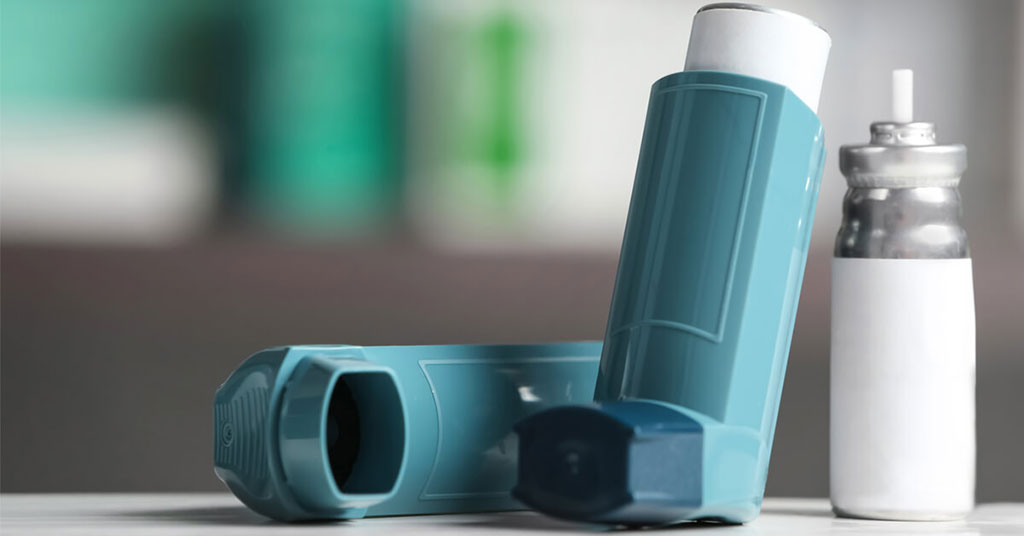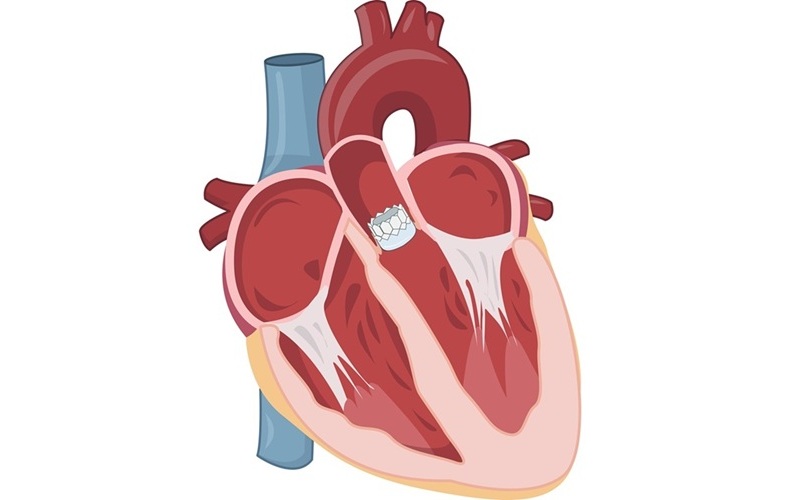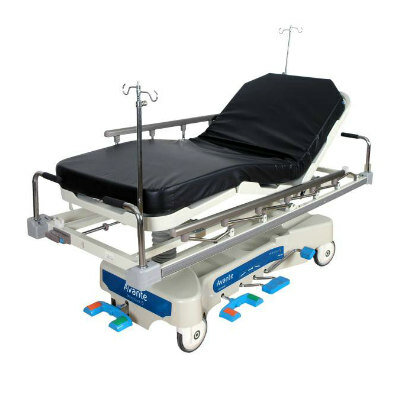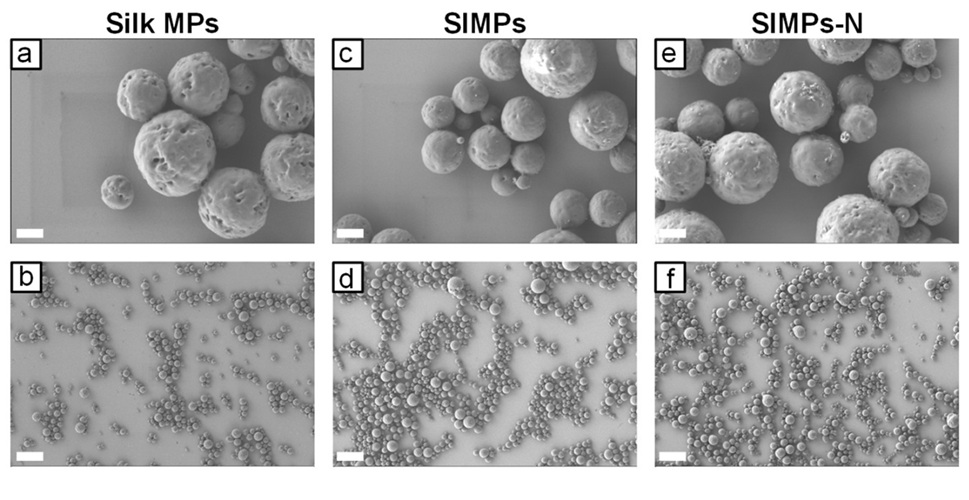Inhaled Budesonide Commonly Used to Treat Asthma Significantly Reduces Need for Hospitalization in COVID-19 Patients
|
By HospiMedica International staff writers Posted on 11 Feb 2021 |

Illustration
Early treatment with a medication commonly used to treat asthma appears to significantly reduce the need for urgent care and hospitalization in people with COVID-19, suggests new research.
A study conducted by researchers at the University of Oxford (Oxford, UK) has found that inhaled budesonide given to patients with COVID-19 within seven days of the onset of symptoms also reduced recovery time. Budesonide is a corticosteroid used in the long-term management of asthma and chronic obstructive pulmonary disease (COPD).
The findings from the Phase 2 randomized study that involved 146 people - out of whom half took 800 micrograms of the medication twice a day and half were on usual care - suggest that inhaled budesonide reduced the relative risk of requiring urgent care or hospitalisation by 90% in the 28-day study period. Participants allocated the budesonide inhaler also had a quicker resolution of fever, symptoms and fewer persistent symptoms after 28 days. The study also demonstrated that there was a reduction in persistent symptoms in those who received budesonide.
“There have been important breakthroughs in hospitalized COVID-19 patients, but equally important is treating early disease to prevent clinical deterioration and the need for urgent care and hospitalization, especially to the billions of people worldwide who have limited access to hospital care,” said Professor Mona Bafadhel of the University’s Nuffield Department of Medicine, who led the trial. “The vaccine programs are really exciting, but we know that these will take some time to reach everyone across the world. I am heartened that a relatively safe, widely available and well studied medicine such as an inhaled steroid could have an impact on the pressures we are experiencing during the pandemic.”
“Although not the primary outcome of study, this is an important finding,” said Prof Bafadhel, a Respiratory Consultant working at the Oxford University Hospitals NHS Foundation Trust. “I am encouraged to see the reduction in persistent symptoms at 14 and 28 days after treatment with budesonide. Persistent symptoms after the initial COVID-19 illness have emerged as a long-term problem. Any intervention which could address this would be a major step forward.”
Related Links:
University of Oxford
A study conducted by researchers at the University of Oxford (Oxford, UK) has found that inhaled budesonide given to patients with COVID-19 within seven days of the onset of symptoms also reduced recovery time. Budesonide is a corticosteroid used in the long-term management of asthma and chronic obstructive pulmonary disease (COPD).
The findings from the Phase 2 randomized study that involved 146 people - out of whom half took 800 micrograms of the medication twice a day and half were on usual care - suggest that inhaled budesonide reduced the relative risk of requiring urgent care or hospitalisation by 90% in the 28-day study period. Participants allocated the budesonide inhaler also had a quicker resolution of fever, symptoms and fewer persistent symptoms after 28 days. The study also demonstrated that there was a reduction in persistent symptoms in those who received budesonide.
“There have been important breakthroughs in hospitalized COVID-19 patients, but equally important is treating early disease to prevent clinical deterioration and the need for urgent care and hospitalization, especially to the billions of people worldwide who have limited access to hospital care,” said Professor Mona Bafadhel of the University’s Nuffield Department of Medicine, who led the trial. “The vaccine programs are really exciting, but we know that these will take some time to reach everyone across the world. I am heartened that a relatively safe, widely available and well studied medicine such as an inhaled steroid could have an impact on the pressures we are experiencing during the pandemic.”
“Although not the primary outcome of study, this is an important finding,” said Prof Bafadhel, a Respiratory Consultant working at the Oxford University Hospitals NHS Foundation Trust. “I am encouraged to see the reduction in persistent symptoms at 14 and 28 days after treatment with budesonide. Persistent symptoms after the initial COVID-19 illness have emerged as a long-term problem. Any intervention which could address this would be a major step forward.”
Related Links:
University of Oxford
Latest COVID-19 News
- Low-Cost System Detects SARS-CoV-2 Virus in Hospital Air Using High-Tech Bubbles
- World's First Inhalable COVID-19 Vaccine Approved in China
- COVID-19 Vaccine Patch Fights SARS-CoV-2 Variants Better than Needles
- Blood Viscosity Testing Can Predict Risk of Death in Hospitalized COVID-19 Patients
- ‘Covid Computer’ Uses AI to Detect COVID-19 from Chest CT Scans
- MRI Lung-Imaging Technique Shows Cause of Long-COVID Symptoms
- Chest CT Scans of COVID-19 Patients Could Help Distinguish Between SARS-CoV-2 Variants
- Specialized MRI Detects Lung Abnormalities in Non-Hospitalized Long COVID Patients
- AI Algorithm Identifies Hospitalized Patients at Highest Risk of Dying From COVID-19
- Sweat Sensor Detects Key Biomarkers That Provide Early Warning of COVID-19 and Flu
- Study Assesses Impact of COVID-19 on Ventilation/Perfusion Scintigraphy
- CT Imaging Study Finds Vaccination Reduces Risk of COVID-19 Associated Pulmonary Embolism
- Third Day in Hospital a ‘Tipping Point’ in Severity of COVID-19 Pneumonia
- Longer Interval Between COVID-19 Vaccines Generates Up to Nine Times as Many Antibodies
- AI Model for Monitoring COVID-19 Predicts Mortality Within First 30 Days of Admission
- AI Predicts COVID Prognosis at Near-Expert Level Based Off CT Scans
Channels
Critical Care
view channel
AI Interpretability Tool for Photographed ECG Images Offers Pixel-Level Precision
The electrocardiogram (ECG) is a crucial diagnostic tool in modern medicine, used to detect heart conditions such as arrhythmias and structural abnormalities. Every year, millions of ECGs are performed... Read more
AI-ECG Tools Can Identify Heart Muscle Weakness in Women Before Pregnancy
Each year, some mothers die from heart-related issues after childbirth, with many of these deaths being preventable. Screening for heart weakness before pregnancy could be crucial in identifying women... Read moreSurgical Techniques
view channel
Early TAVR Intervention Reduces Cardiovascular Events in Asymptomatic Aortic Stenosis Patients
Each year, approximately 300,000 Americans are diagnosed with aortic stenosis (AS), a serious condition that results from the narrowing or blockage of the aortic valve in the heart. Two common treatments... Read more
New Procedure Found Safe and Effective for Patients Undergoing Transcatheter Mitral Valve Replacement
In the United States, approximately four million people suffer from mitral valve regurgitation, the most common type of heart valve disease. As an alternative to open-heart surgery, transcatheter mitral... Read more
No-Touch Vein Harvesting Reduces Graft Failure Risk for Heart Bypass Patients
A coronary artery bypass graft (CABG) is a surgical procedure used to enhance blood flow and oxygen supply to the heart in individuals with coronary heart disease. During the procedure, a healthy blood... Read more
DNA Origami Improves Imaging of Dense Pancreatic Tissue for Cancer Detection and Treatment
One of the challenges of fighting pancreatic cancer is finding ways to penetrate the organ’s dense tissue to define the margins between malignant and normal tissue. Now, a new study uses DNA origami structures... Read morePatient Care
view channel
Portable Biosensor Platform to Reduce Hospital-Acquired Infections
Approximately 4 million patients in the European Union acquire healthcare-associated infections (HAIs) or nosocomial infections each year, with around 37,000 deaths directly resulting from these infections,... Read moreFirst-Of-Its-Kind Portable Germicidal Light Technology Disinfects High-Touch Clinical Surfaces in Seconds
Reducing healthcare-acquired infections (HAIs) remains a pressing issue within global healthcare systems. In the United States alone, 1.7 million patients contract HAIs annually, leading to approximately... Read more
Surgical Capacity Optimization Solution Helps Hospitals Boost OR Utilization
An innovative solution has the capability to transform surgical capacity utilization by targeting the root cause of surgical block time inefficiencies. Fujitsu Limited’s (Tokyo, Japan) Surgical Capacity... Read more
Game-Changing Innovation in Surgical Instrument Sterilization Significantly Improves OR Throughput
A groundbreaking innovation enables hospitals to significantly improve instrument processing time and throughput in operating rooms (ORs) and sterile processing departments. Turbett Surgical, Inc.... Read moreHealth IT
view channel
Printable Molecule-Selective Nanoparticles Enable Mass Production of Wearable Biosensors
The future of medicine is likely to focus on the personalization of healthcare—understanding exactly what an individual requires and delivering the appropriate combination of nutrients, metabolites, and... Read more
Smartwatches Could Detect Congestive Heart Failure
Diagnosing congestive heart failure (CHF) typically requires expensive and time-consuming imaging techniques like echocardiography, also known as cardiac ultrasound. Previously, detecting CHF by analyzing... Read moreBusiness
view channel
Expanded Collaboration to Transform OR Technology Through AI and Automation
The expansion of an existing collaboration between three leading companies aims to develop artificial intelligence (AI)-driven solutions for smart operating rooms with sophisticated monitoring and automation.... Read more


















